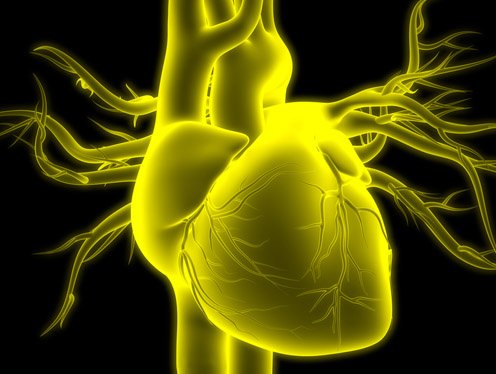Transcatheter Edge to Edge Repair (TEER) Procedure with MitraClip™
At the Cottage Structural Heart Clinic, you’ll find cardiovascular services and treatments you would expect to find at a large academic medical center including the latest minimally-invasive procedure options.
The MitraClip™ procedure is a less-invasive treatment option for patients with degenerative mitral regurgitation who are too sick for traditional open-heart mitral valve surgery.
What is Mitral Regurgitation?
Mitral regurgitation is a condition that prevents the mitral valve, located between the heart’s two left chambers, from closing completely. This causes blood to leak backwards back inside the heart.
Mitral regurgitation places an extra burden on your heart and lungs. Over time, some people may develop an enlarged heart because it must work harder to pump blood through the body.
If left untreated, mitral regurgitation can cause other, more serious problems to your heart, such as heart failure, a condition that occurs when your heart can’t pump enough blood to meet the needs of your body.
Mitral regurgitation symptoms are often mild and progress slowly so you may not experience any symptoms for many years. When they do occur, they may include:
- Cough
- Lightheadedness
- Fatigue or tiredness
- Shortness of breath that increases with activity or when lying down
- Heart palpitations or the feeling of a rapid heartbeat
- Swelling in legs
Types of Mitral Regurgitation
There are two types of mitral regurgitation (MR): degenerative MR and functional MR. If you have been diagnosed with having degenerative mitral regurgitation (DMR) that is moderate to severe, and you have symptoms of congestive heart failure or other related heart conditions, you may benefit from repair or replacement of your mitral valve. DMR can be related to the normal aging process, a valve abnormality at birth, heart disease, coronary artery disease or a history of rheumatic fever.
If you have been diagnosed with functional mitral regurgitation (FMR), your mitral valve may be structurally normal, but it leaks because the heart is enlarged or damage to the heart muscle has occurred from coronary heart disease or a heart attack. You may also benefit from mitral valve repair or replacement if you have FMR.
Determining which approach is best for you, whether it is a repair or replacement of your mitral valve, is based on many factors and requires a complete heart evaluation. All care decisions are made in consultation with each patient’s Heart & Vascular Center physician.
Patient Resources

Mitral Valve Treatments and Options
Learn more about mitral valve treatments and options here.
Learn More

Preparing for a MitraClip Procedure
Learn more about preparing for a MitraClip procedure here.
Learn More
Our Cardiologists
Interventional cardiologists and structural heart specialists Joseph Aragon MD, FACC, FSCAI, and Michael Shenoda, MD, FACC, FSCAI, have been instrumental in the development and expansion of the Structural Heart Clinic at Santa Barbara Cottage Hospital.
Patients can expect the most advanced cardiac devices and procedural techniques that give patients the ability to receive care locally for complex cardiac conditions and diseases.
In an emergency, call 911 immediately.
Clinic Hours and Locations
Cottage Structural Heart
400 W. Pueblo St., Santa Barbara CA 93105.
Free parking is available.
Office Hours: Monday through Friday - 8 a.m.- 5 p.m.
Phone: 805-324-9012
Map and Directions
Cottage Cardiology Clinic
221 West Pueblo Street, Santa Barbara CA 93105.
Free parking is available.
Office Hours: Monday through Friday - 8 a.m.- 5 p.m.
Phone: 805-324-9707
Map and Directions